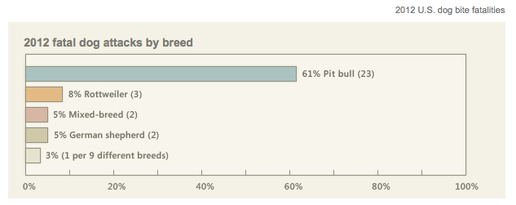Although the majority of personal injury attorneys get paid using a “contingency” model, there is some variation. Contingency cases are cases that are taken with an agreement that the lawyer will be paid a set percentage of the proceeds from the settlement or verdict. The attorney’s payment is contingent on his or her success with your case. Generally this model aligns the lawyer’s interest with yours because obviously they want the largest payout possible. Contingency percentages fluctuate and can be negotiable, although the industry standard is 33% of the total settlement, or up to 40-50% if the case goes to trial.
For example, if your case settles for a total of $100,000, the attorney will receive $33,000 as their fee.
Although this may sound high, when an injury attorney loses a case generally they get nothing. This causes them to usually take the cases that they know that they can settle quickly or win at trial because they will have to pay significant case costs before they ever receive a payment for their service. Essentially, they take on all the risk of financing the case without a guarantee that they will get anything back. These costs can skyrocket depending on the complexity of the case.
Here are some examples of associated case costs:
If a case is settled or won, the attorney may also charge some of the above fees to the client in addition to the 33% or 40% contingency fee. This depends on what was agreed to in the Fee Agreement signed by both the attorney and client.
When hiring an attorney, you should talk to at least 2 lawyers about your case and discuss how their contingency fee and cost of the case is charged to you.
The above information is not legal advice, it is merely general information about how contingency fee attorneys get paid.
For example, if your case settles for a total of $100,000, the attorney will receive $33,000 as their fee.
Although this may sound high, when an injury attorney loses a case generally they get nothing. This causes them to usually take the cases that they know that they can settle quickly or win at trial because they will have to pay significant case costs before they ever receive a payment for their service. Essentially, they take on all the risk of financing the case without a guarantee that they will get anything back. These costs can skyrocket depending on the complexity of the case.
Here are some examples of associated case costs:
- Expert Witnesses – several hundred to several thousand dollars.
- Administrative Fees – Paralegal, copies, postage, transcription Etc.
- Private Investigator – several hundred to several thousand dollars.
- Court Filing Fees – several hundred to several thousand dollars.
- Miscellaneous Fees – Travel, hotel, meals & car rental for attorneys, staff & witnesses.
- Time – Yes, time costs money… and the longer your case is ongoing, the more it costs.
If a case is settled or won, the attorney may also charge some of the above fees to the client in addition to the 33% or 40% contingency fee. This depends on what was agreed to in the Fee Agreement signed by both the attorney and client.
When hiring an attorney, you should talk to at least 2 lawyers about your case and discuss how their contingency fee and cost of the case is charged to you.
The above information is not legal advice, it is merely general information about how contingency fee attorneys get paid.



 RSS Feed
RSS Feed


